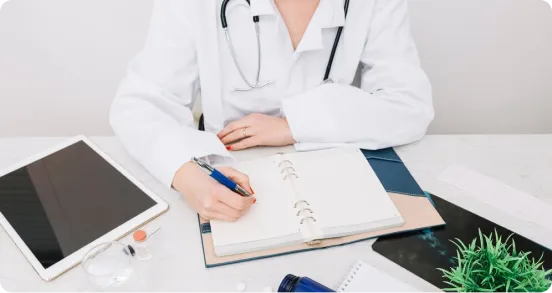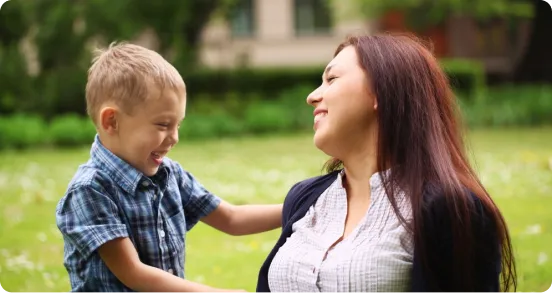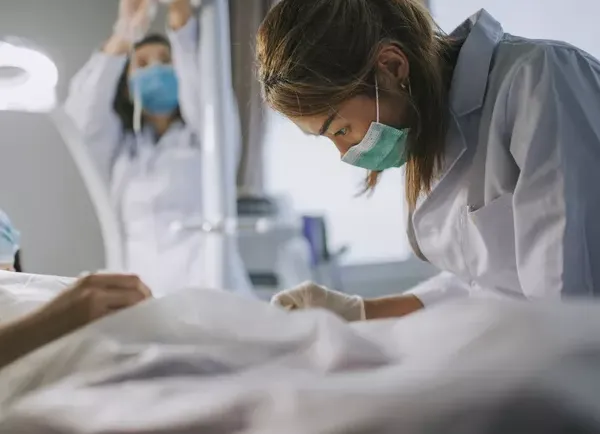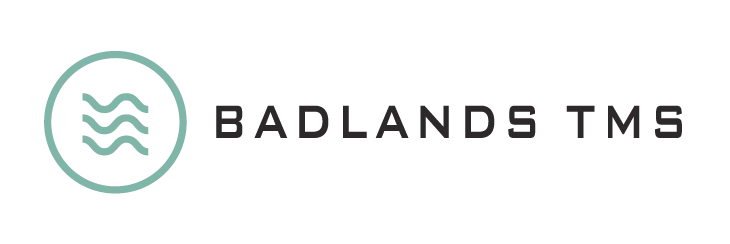+1 (234)-456 657
123 Main, Main Town NJ 00000
2239 NE Doctors Dr, Suite #110 Bend, OR 97701
Get Depression Relief With TMS Therapy
Trusted for safety & effectiveness
Non-invasive
Many experience results in as little as 6 weeks
Now available at Badlands TMS
Trusted By





Trusted By





Getting Started
1. Learn More About TMS
The first person you'll meet is your Patient Coordinator, who will go over your medical history and provide an overview of our treatments.


2. Pre-Assessment
Next, you will meet with a provider for an evaluation which includes questions about your history and symptoms.

3. Start Treatment
If the provider has determined that you are a candidate for TMS therapy, they will create your individualized treatment plan.

TMS Therapy in the News

Every life matters, we are here to help
Transcranial Magnetic Stimulation (TMS) Therapy : During a treatment session, a magnet similar in strength to that used in a magnetic resonance imaging (MRI) machine is used to stimulate nerve cells in the area of the brain thought to control mood. These magnetic pulses are known have a positive effect on the brain’s neurotransmitter levels, making long-term remission possible.

Safe & FDA-Cleared
TMS Therapy is FDA-Cleared and highly effective in treating depression.

Medication-Free
You can now get treatment free of anti-depressants medications.

Covered by Insurance
Almost all major insurance plans cover TMS therapy.

Safe & Effective
TMS Therapy is FDA-Cleared and highly effective in treating depression.

Medication-Free
You can now get treatment free of anti-depressant medication.

Cost effective treatment
Low cost solution compared to other treatments
What Our Patients Are Saying About Badlands TMS
Ready To Get Started?
We are here to support you in the healing journey

TMS Therapy benefits At Badlands TMS
Reduced dependency on anti-depressants
Not ECT (electroconvulsive therapy)
Covered by Most Insurances
FDA-Cleared
Results in as Little as 6 Weeks
CHAD BROWN, M.D.
PEDIATRIC & ADULT PSYCHIATRIST
Dr. Brown is a pediatric and adult psychiatrist who has been working in Southern Oregon since 2011. He has a psychotherapy/medication management practice in addition to the TMS clinic.
Dr. Brown completed his child and adolescent psychiatry fellowship at the Oregon Health Science University in Portland, OR. Prior to that he did his adult psychiatry residency at the University of Vermont Medical Center in Burlington, VT. Dr. Brown attended medical school at University of Texas Medical School in Houston, TX. He majored in biochemistry and molecular biology as an undergraduate at the University of Georgia.
He enjoys spending time with his family, watching and coaching soccer, and hanging out in his backyard.

covered By






covered By






Frequently Asked Questions
Q1. What is Transcranial Magnetic Stimulation (TMS) Therapy for depression?
Transcranial magnetic stimulation, often referred to as TMS is a noninvasive procedure that uses magnetic fields to stimulate nerve cells in the brain to improve symptoms of depression. TMS is typically used when antidepressant medications haven’t been effective, have ceased working, or as an alternative to medication.
Q2. How does TMS Therapy Treatments differ from traditional antidepressants?
TMS does not circulate in the blood throughout the body, so it does not have side effects like weight gain, sexual dysfunction, nausea, dry mouth, sedation, etc. The most common side effects reported during clinical trials were headache and scalp discomfort —generally mild to moderate—occurring less frequently after the first week of treatment.
Q3. Who is a good candidate for TMS Therapy?
It's typically recommended for individuals with treatment-resistant depression, specifically those who have not responded to traditional mental health treatment.
Q4. How long does it take to see results from TMS Therapy Treatment?
People will normally see results within the first two weeks. A typical initial course of treatment is about 19-37 minutes daily over 4-6 weeks.
Q5. Is TMS Therapy safe?
When administered under professional supervision, TMS is considered safe and effective with little to no side effects
Q6. How long do the effects of TMS Therapy Treatment last?
The duration of relief from depression symptoms varies. Some patients may experience benefits for weeks to months. Regular follow-up treatments may be necessary to maintain the effects.


